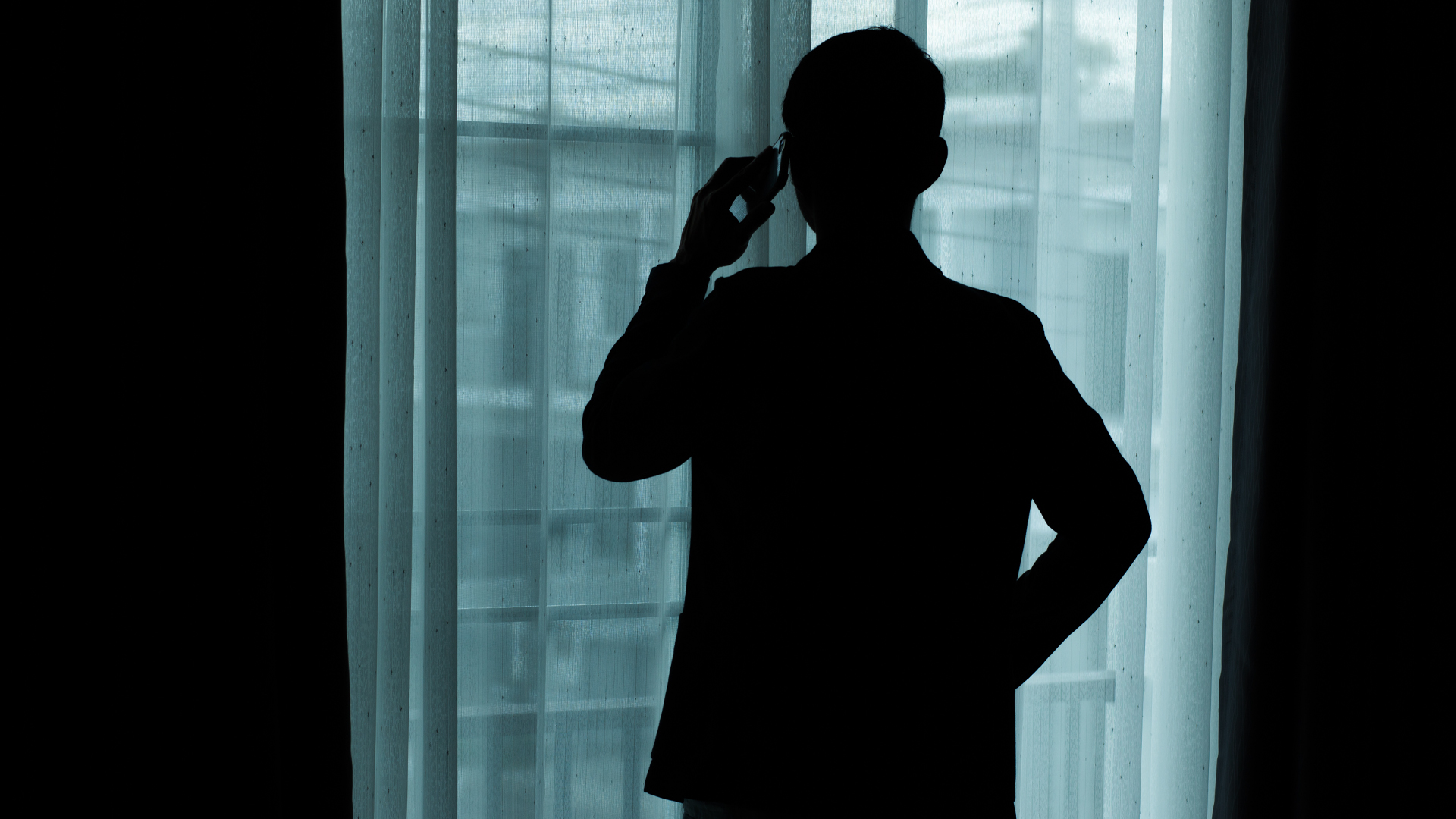
Snitching has a long history in Canada from the Ontario Progressive Conservative Party’s “common sense revolution” of the mid-late 1990s to the COVID-19 benefits programs administered under the federal Liberal Party from 2020-23.
The problem is that having Canadians report each other to authorities based on often false beliefs of fraud produces either poor outcomes or no evidence of its effectiveness. It’s a practice that should be abandoned as it is unreliable and lacks a focused ethical purpose.
A classic example: In 1995, David Tsubouchi, the minister of community and social services in the PC government of former Ontario premier Mike Harris, claimed there would be a potential saving of $25 million a year with the creation of a 1-800 “snitch-line” targeting welfare cheats.
Snitch lines are literally telephone numbers that members of the public can call to report alleged fraudulent activity. Users are typically guaranteed anonymity and no hard evidence is required in some versions. Social assistance fraud hotlines have persisted in Ontario since the 1990s, although online forms have supplemented call-in numbers.
Don’t mistake snitching for whistleblowing
Snitching and whistleblowing are not identical. The moral condemnation of snitching as corrosive conduct contrasts with the heroic figure of the whistleblower, a brave individual making a sacrifice for the greater good. Whistleblowing has become a well-respected activity integrated into organizational life.
Snitch lines were once the poor cousins of contemporary inducements to blow the whistle on institutional wrongdoing. Over time, the practice of snitching borrowed more and more from whistleblowing to legitimize itself, but with no reward system and no opportunity to go public.
One of the key legislative actions in support of snitching was the Ontario Works Act in 1997. It enshrined the creation of fraud control units in any local social assistance office for any program, including disability, family benefits, general welfare and vocational rehabilitation.
Callers expressed in some measure their belief in the government’s insistence about the extent of welfare fraud. However, the incidence of fraud proved to be minuscule. Belief in the existence of fraud turned out to be more belief in the messaging of the government and had little to do with the advertised economic purpose.
Snitching is ineffective at best and abusive at worst
The numbers cited by poverty law expert Ian Morrison are underwhelming: after the first two years (1997-98), 26,214 allegations were received; but only 0.5 per cent of those were referred to police, resulting in 36 prosecutions or 0.001 per cent of the allegations.
Feminist legal scholars were quick to point out that these snitch lines were also “empowering for men” as Shelley Gavigan put it, because they were open to manipulation by abusive spouses who used snitching as a way to harass their current and former partners.
Scholarly research interviews with welfare officers revealed the degree to which the investigation of complaints included a range of invasive measures, including greater and greater scrutiny because “intent” to defraud was felt to be the case. Eligibility officers and caseworkers exercising “discretion” appear not to have operated under any statutory limits and may in fact have engaged in harassment by intimidating clients in their homes.
Ontario is not alone in this approach. Unannounced home visits by provincial social assistance investigators are a decade older in Quebec.
In Ontario in the late 1990s, snitch lines were shown to be not common-sensical. Activist researchers such as Marge Reitsma-Street at Laurentian University managed to successfully shut down the Sudbury municipal welfare snitch line by debunking inflated claims of cost savings and exposing the human costs in the community.
Janet Mosher and Joe Hermer found that snitch lines were used to make all sorts of groundless allegations, most having nothing to do with fraud. Instead, general vindictiveness, gossip and stereotypes about racialized “welfare queens” inspired informants to overestimate the value of the information they provided. It is reasonable to conclude that the more profligate snitching became, the more it was driven by highly personal motivations.
Snitching should never be seen as a civic duty
After the 2008 financial crisis, sector-specific whistleblowing took off. In 2014, the Canada Revenue Agency (CRA) encouraged whistleblowing on international tax evasion and provided motivational rewards only to those who relinquished their anonymity and identified themselves – confidentially.
Strong inducements and enhanced protections for those ready to snitch continue to grow and have recently expanded in Ontario to include pensions.
By the spring of 2020, across the country, there was a proliferation of snitch lines related to alleged violations of pandemic regulations with a trendy spin put on citizen-based “crowdsourced” allegations that apparently became a civic duty during the public health crisis.
The Canadian Civil Liberties Association, in its assessment of the approach of all governments to the pandemic, reported that snitch lines could be found across the country, and had expanded from concerns about physical distancing, masking and public gathering to encompass price-gouging.
The propensity to snitch about local violations of social distancing rules morphed back into a routine we have already examined with regard to welfare recipients, eventually finding new targets: so-called illegitimate recipients of federal benefits administered by the Canada Revenue Agency.
Snitching rarely achieves purported financial goals
The CRA already had a “leads” program geared towards tax cheats, which it updated in 2020. The “tips” poured in by the thousands; some evidence was required and a reference number was assigned for follow-ups. CRA rules regarding the non-disclosure of financial information prevent the sharing of any data about how many successful prosecutions have occurred.
During the pandemic, reprisal-less and no-evidence snitching eventually gave way to a more evidence-focused approach that approximated the institutionalization of whistleblowing.
As a result, Canada Emergency Response Benefits (CERB) and other benefit program clawbacks have been significant, topping $4.5 billion, with an estimated close to $27.5 billion in “suspected ineligible payments,” according to reports in late 2022. Recent reports are more modest, with clawbacks now estimated at $458 million.
The fundamental problem is that clawbacks are not wholly attributable to public “tips” and often simply result from changing definitions (euphemistic “updates”) and confusion among CRA agents.
Even if Tsubouchi’s fantasy of recovering millions did come true, and thus brought 1990s’ snitching into the same financial orbit as pandemic clawbacks, it wouldn’t be justifiable on the ground that in both cases informing on benefits recipients is only a small part of the story.
Any snitch-driven anti-fraud agenda will struggle to yield concrete savings when all of the changes to and failings of the programs themselves – not to mention the inconsistent actions of their agents, conflating individual and system errors with fraud – are factored together and remain difficult if not impossible to untangle.
Snitching’s moral legitimation crisis continues unabated, no matter how much money is involved, and should be viewed pessimistically.









